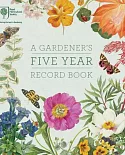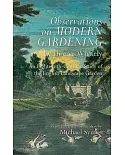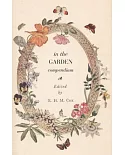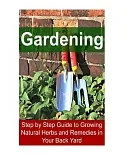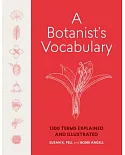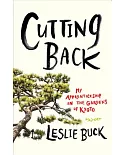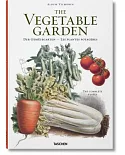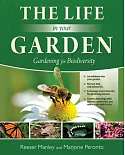California boasts one of the richest assemblages of native plant species in the world, and among the state's most beautiful flowering plants are its monocotyledons--a large and varied group
including lilies, irises, grasses, orchids, agaves, and even palms. Wild Lilies, Irises, and Grasses, created under the auspices of the California Native Plant Society, tells how to grow
California monocots in the garden. Beautifully illustrated with color photographs and line drawings, the book contains valuable information on exactly which species are best adapted to garden
conditions, how to grow them, and where to obtain them from nurseries and mail-order suppliers. Gardeners can be highly successful with many of California's most exquisite native monocots, and
propagating these native plants helps ensure their long-term preservation.
Each chapter includes introductory information for gardeners and tips on garden cultivation and propagation, while individual plant descriptions provide greater detail on each species,
including its distribution and habitat in the wild, cultural preferences and tolerances in the garden, and features that distinguish the plant from similar species. With its valuable
combination of horticultural and botanical information, this book is the perfect introduction to California's monocots. It will inspire gardeners as well as landscape designers, city planners,
and others to consider these lovely native species when designing, planting, and approving plans for landscapes in California. California boasts one of the richest assemblages of native plant
species in the world, and among the state's most beautiful flowering plants are its monocotyledons--a large and varied group including lilies, irises, grasses, orchids, agaves, and even palms.
Wild Lilies, Irises, and Grasses, created under the auspices of the California Native Plant Society, tells how to grow California monocots in the garden. Beautifully illustrated with
color photographs and line drawings, the book contains valuable information on exactly which species are best adapted to garden conditions, how to grow them, and where to obtain them from
nurseries and mail-order suppliers. Gardeners can be highly successful with many of California's most exquisite native monocots, and propagating these native plants helps ensure their long-term
preservation.
Each chapter includes introductory information for gardeners and tips on garden cultivation and propagation, while individual plant descriptions provide greater detail on each species,
including its distribution and habitat in the wild, cultural preferences and tolerances in the garden, and features that distinguish the plant from similar species. With its valuable
combination of horticultural and botanical information, this book is the perfect introduction to California's monocots. It will inspire gardeners as well as landscape designers, city planners,
and others to consider these lovely native species when designing, planting, and approving plans for landscapes in California.




